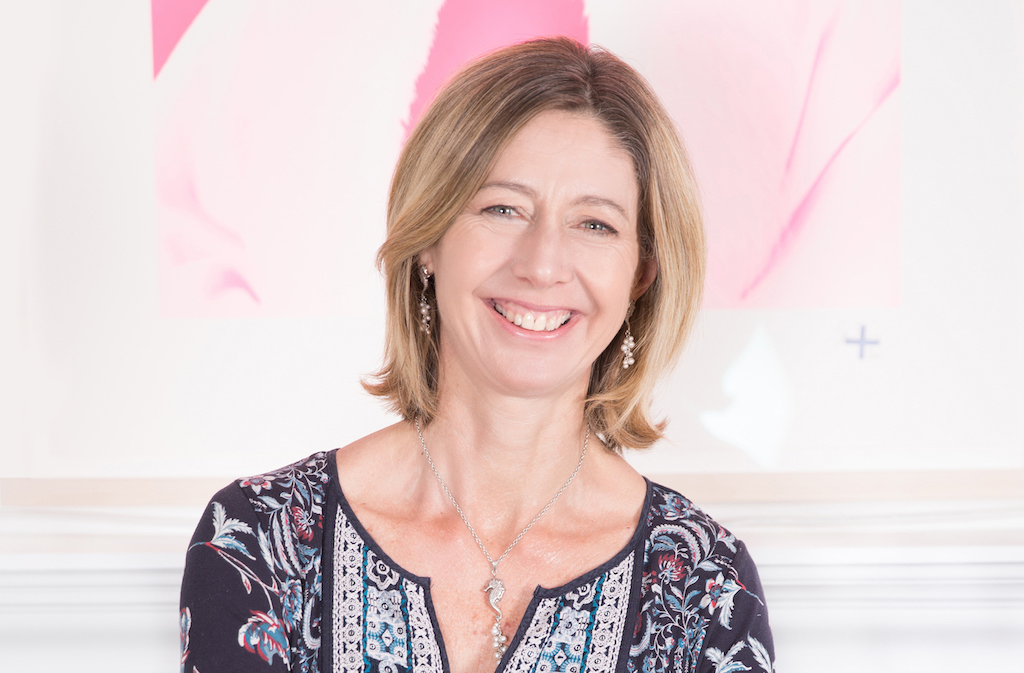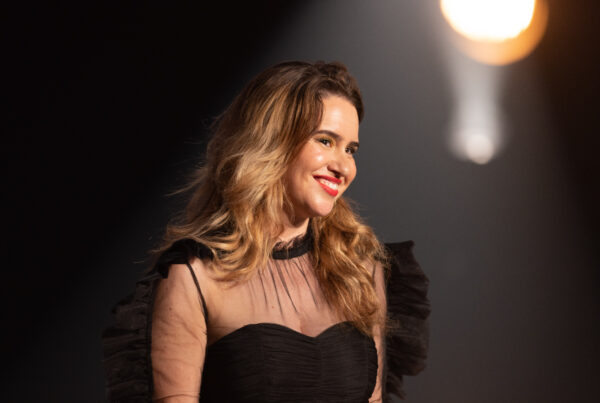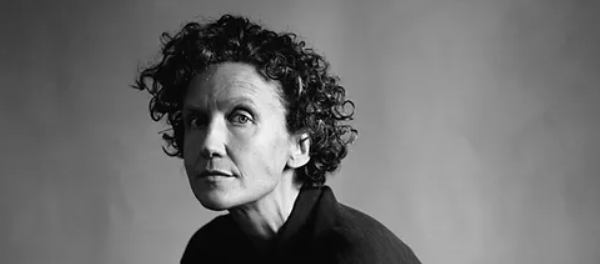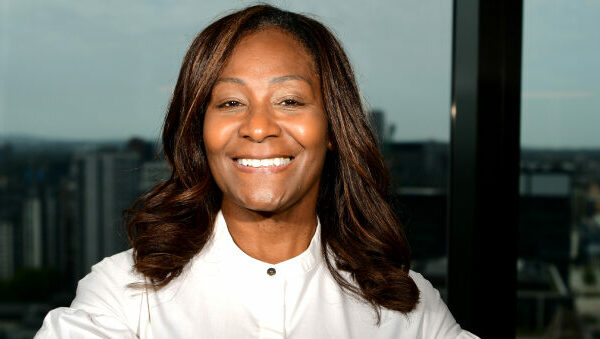By Cristiano Dalla Bona for Darling Magazine
Main photo by Gail Fogarty. Makeup by Tanya at Kristina Gasperas Makeup Artists
“I need to get my family to your country, can you support me?“, the text on the screen reads.
“This is a man whose father was the last man hanged by the Taliban in Kandahar,” Christina Lamb says as she shows me some of the messages she receives regularly from her sources. “Sometimes it’s hard to get away from the stories you tell.” As the Chief Foreign Correspondent for The Sunday Times, Christina has been covering the world’s most dangerous places for almost three decades — Afghanistan, Pakistan, Zimbabwe, to name a few. Amidst the horror and brutality of war, her stories often speak about life and resilience: she co-wrote the bestselling I Am Malala, the memoir of Malala Yousazfai, the young Pakistani girl who stood up for education and was shot by the Taliban, and The Girl from Aleppo, the inspiring story of Nujeen Mustafa, a Syrian refugee affected by cerebral palsy.
Women are often at the heart of her narrative: over the years, she has visited the Yazidi sex slaves from Iraq and the girls abducted by Boko Haram in Nigeria. Her work has earned her 14 major awards including being named five times as The Foreign Correspondent of the Year.
Christina’s latest book Our Bodies: Their Battlefield – What War Does to Women is now out. It explores war rape through women’s eyes.
You’ve been covering wars for many years.
‘Covering war is quite addictive: people are living on the edge, a situation where you don’t know if you’re going to come back alive at the end of each day. Sometimes it can be hard to adjust to normal life after that. When you’re in those kinds of situations, it makes you think hard about your priorities. The job itself has changed a lot over the years: journalists were once respected as “impartial observers.” But now we are targets, and that has made the task much more dangerous.’
Indeed, you came under fire from the Taliban in 2006 when you were embedded with British forces in Helmand Province, Afghanistan.
‘When I was ambushed by the Taliban, I just thought “I have to stay alive.” Last thing I wanted to do was to die in that muddy field. It’s a kind of survival instinct that kicks in and you find that you are able to do a lot more than you think. It was July, we had no water. We were running through the field, being shot at and completely surrounded by Taliban. Bullets were landing all around us, so close that you could feel your hair lift. The sergeant-major asked me if I could used a pistol and said, “We are going to be pinned down and will have to fight for our lives.”
You co-wrote Nobel Peace Prize winner Malala Yousafzai’s memoir I am Malala. How did this collaboration come to be?

Malala and Christina with their mums at Christina’s garden
I had interviewed Malala’s father a couple of years before the terrible shooting by the Taliban. He was then a prominent figure in his local community, an activist and a headmaster. When Malala was recovering from her injuries in Birmingham, where her family had been able to join her, her father contacted me, asking me to write Malala’s story. It wasn’t until I got to the house that I realised who Mr Yousafzai was, as their family name is a common name in Pakistan.
You also wrote a play, Drones, Baby, Drones. Why did you decide to use theatre as a storytelling vehicle?
I think it’s really interesting to use different techniques to make people think about issues. Journalism is changing: we still haven’t worked out how young people get news in a very different way than we did in the past. And the onus is on us to find new ways and new media to tell stories. I want people to care about foreign issues and it is really hard sometimes because these places are far away, wars go on for years and people just gloss over when you talk about them.
You are an advocate for women’s rights. Gender equality is an issue in British journalism and women are often paid less than men.

Hillary Clinton and Christina
I’m frustrated about the situation in print in this country. There was only one female editor at a quality newspaper, The Guardian’s Katharine Viner, until January 2020 when Emma Tucker succeeded Martin Ivens as the Editor of The Sunday Times and is now my boss. We have had a female deputy editor but I’ve never had a female line manager until Emma, the person that I speak to everyday about what I write or who I send stories to. The person deciding where I go or what goes on the page has always been a man. I think men and women look at things very differently.
You said what you prefer covering isn’t the “bang bang” of the war, but human interest stories. Women are usually the “leading characters” in your features.
People talk about, “Oh, it’s dangerous to be a war correspondent” but most wars go on for years and millions in those countries get on with their lives everyday despite war going on. In Syria, people are getting married, having babies, going to work. I personally find the issue of how people keep going much more interesting, how you live when your country is at war and how you keep educating, protecting and feeding your children. And it’s mostly the women who do that.
Middle Eastern women have also found new forms of resistance against the status quo.
In lots of places women may not be on the front lines but they’re doing all sorts of important things. It’s fascinating how women in Iran are taking off their hijabs and putting them on sticks. That’s very brave. Resistance to me doesn’t have to be through guns, but it can be in many ways. Malala is a great example of that. She said, “One child, one teacher, one book, one pen can change the world.” And I think she’s right. We often think, “I can’t do anything, I’m just one person,” but these people show us that we can.
Christina’s next book Our Bodies Their Battlefields; War, Rape and the Fight for Justice will be published in March 2020 – it’s the first ever book on this subject and something she was inspired to do because she became so angry at all the violence against women she was encountering. Though it’s a dark subject it’s full of brave and inspiring people trying to do something from a simple beekeeper, who set up an underground network to rescue sex-slaves, to the doctor who has treated 55,000 rape victims and is the very last surviving comfort women fighting for a better world for their grandchildren.




